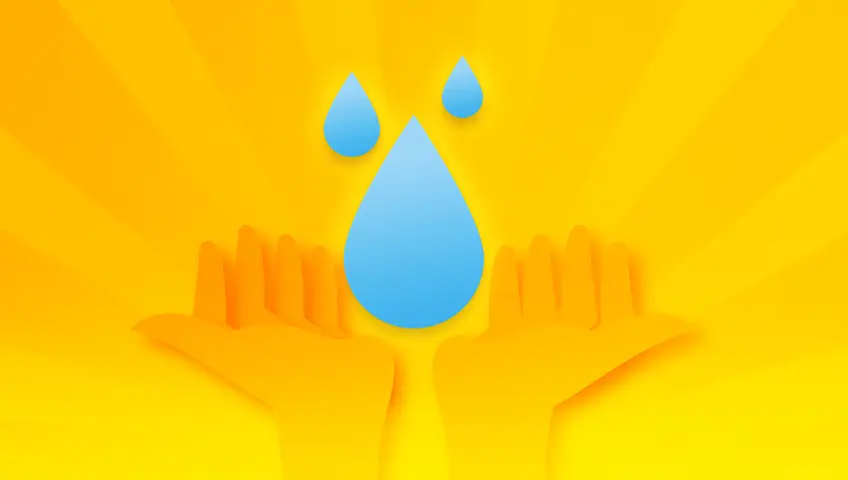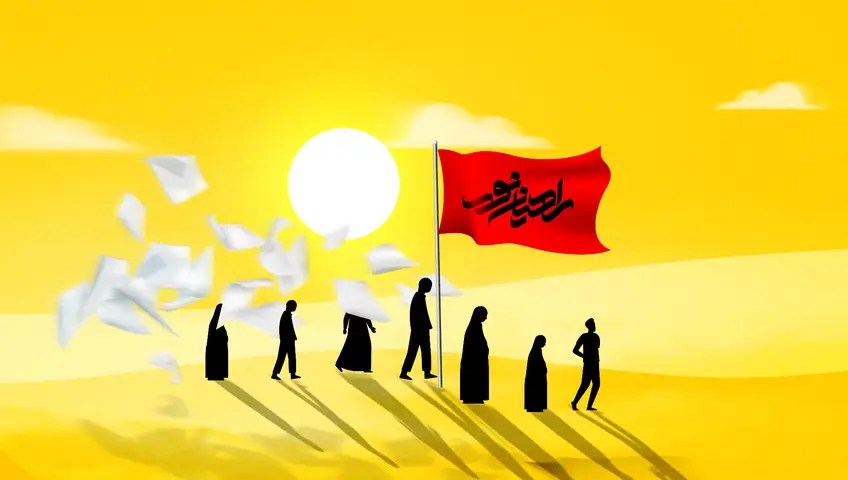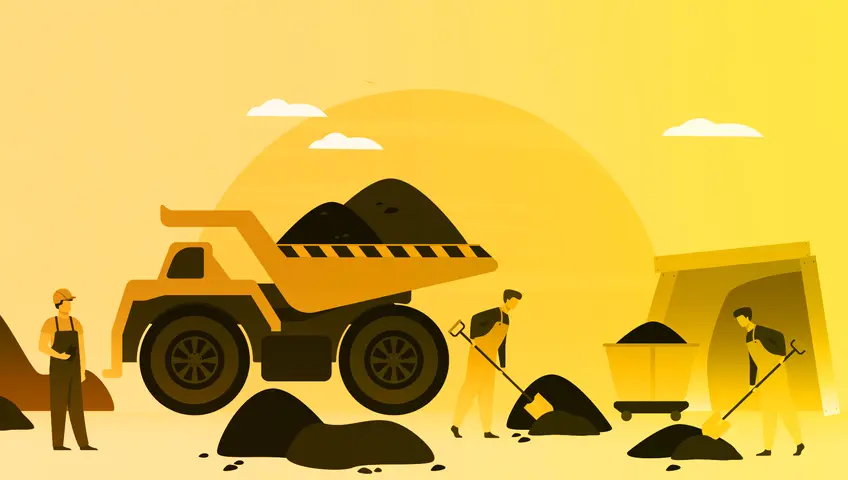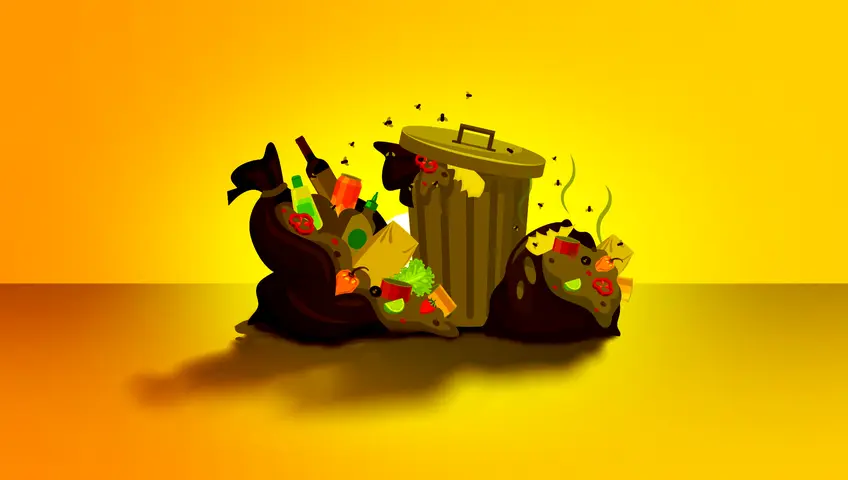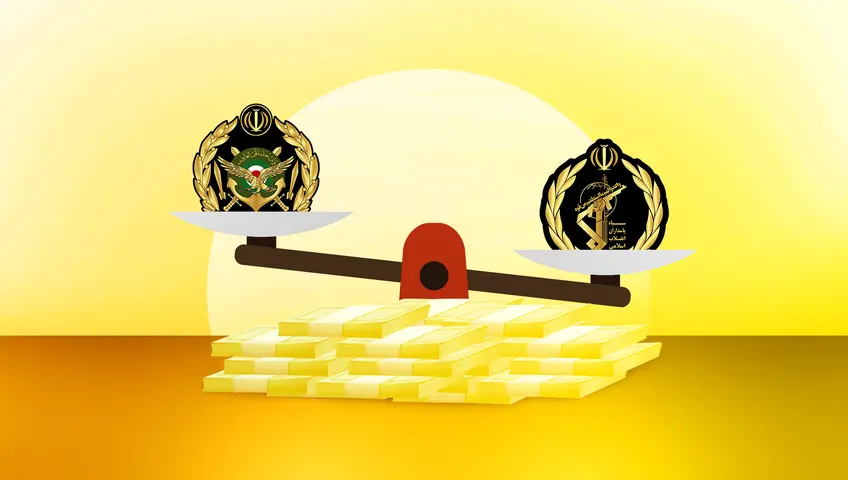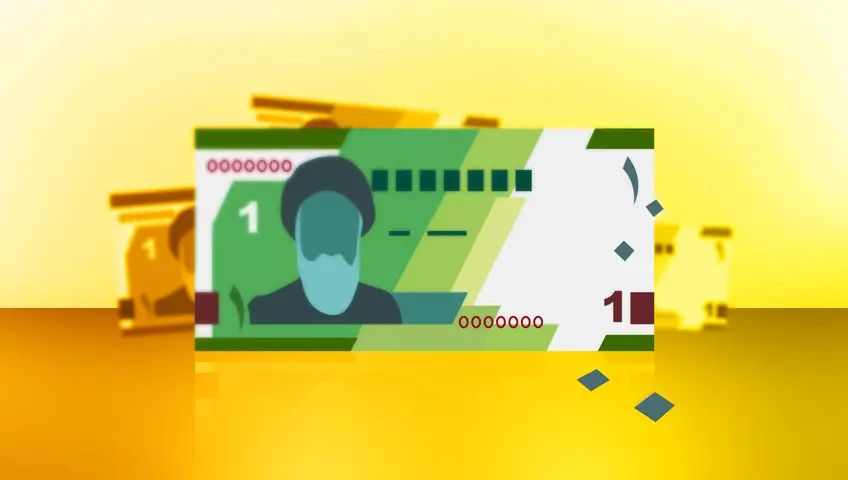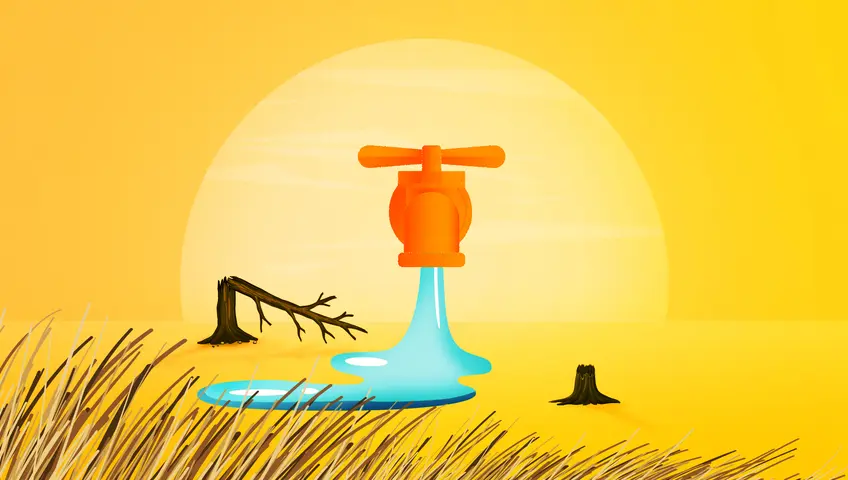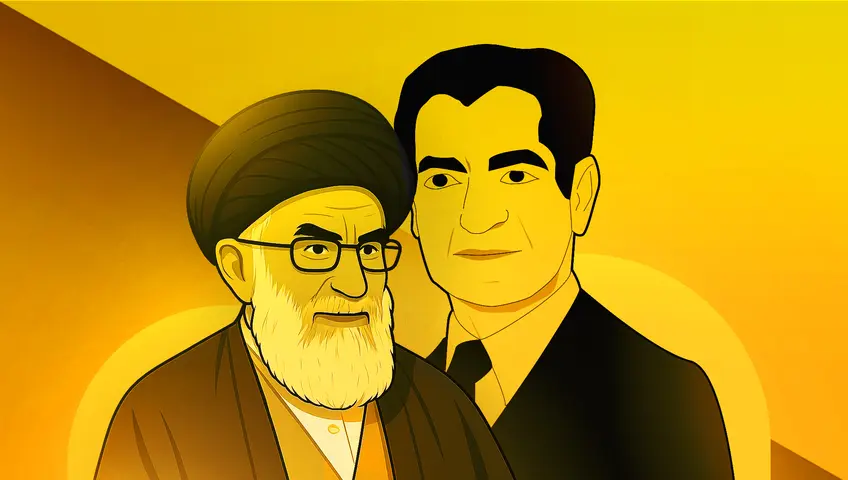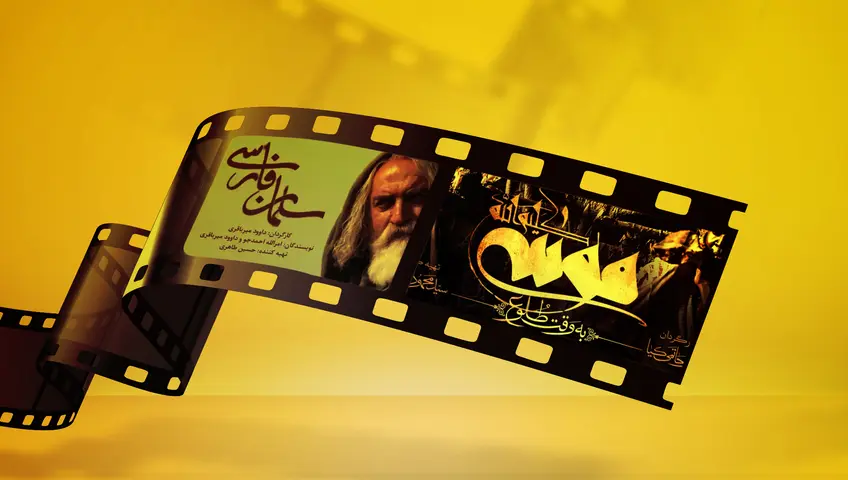
The $182m Series That Still Has No Start Date
IOD has found that the combined state allocation for Moses and its sister series Salman the Persian has reached 9.1tn tomans ($182m) over the last four years. From 700bn tomans in 2022 to 4tn in 2025, the budget has ballooned despite no completed production.
